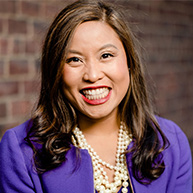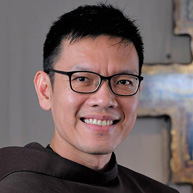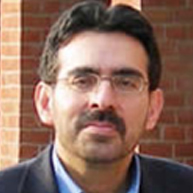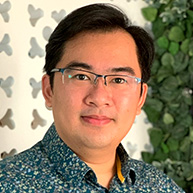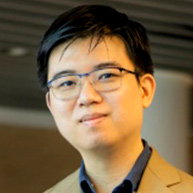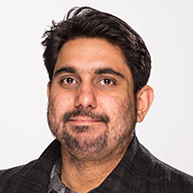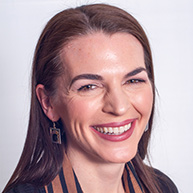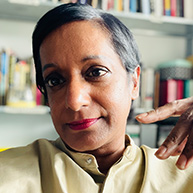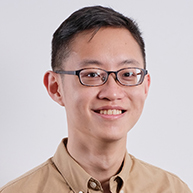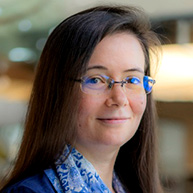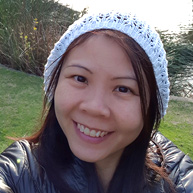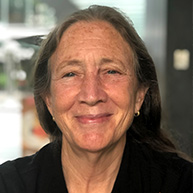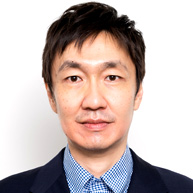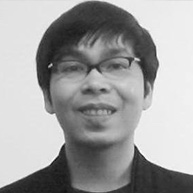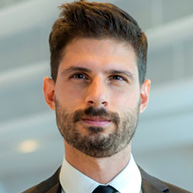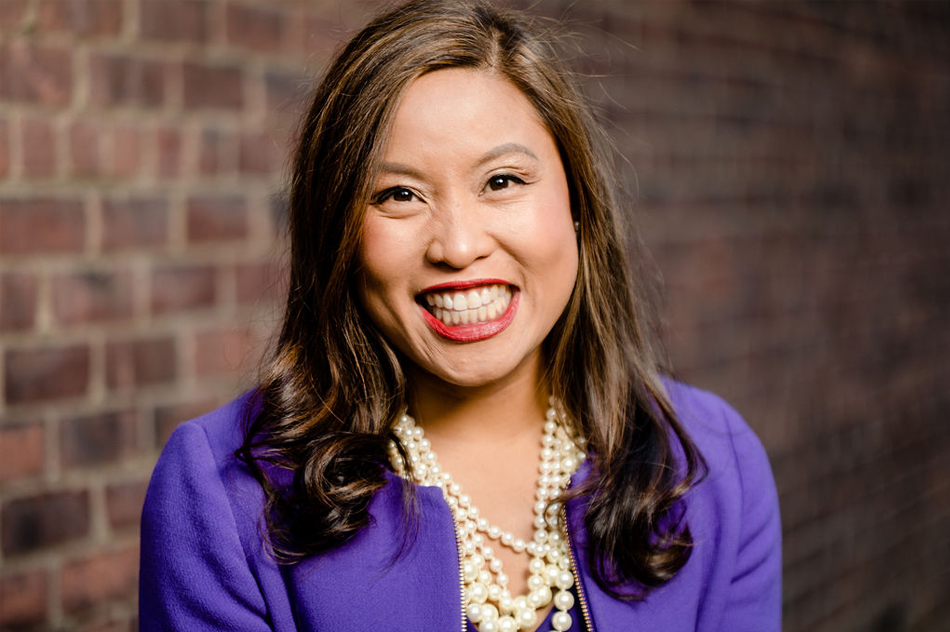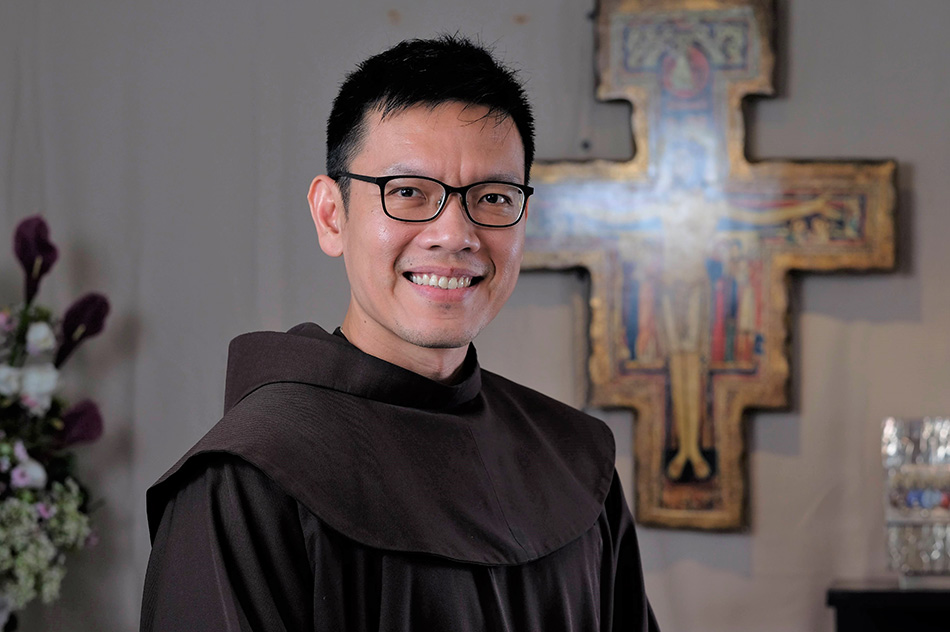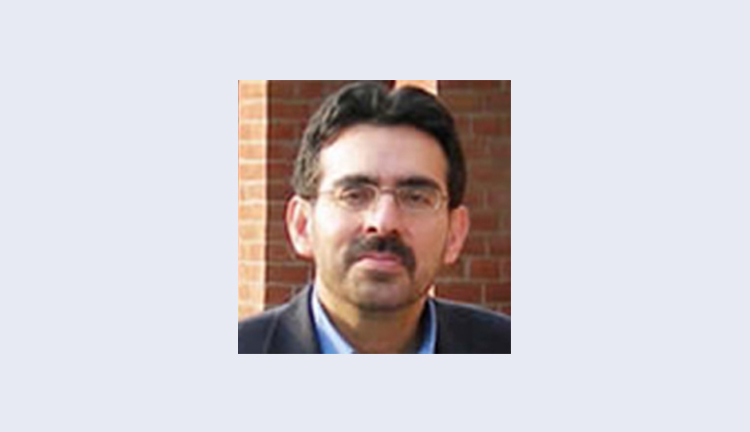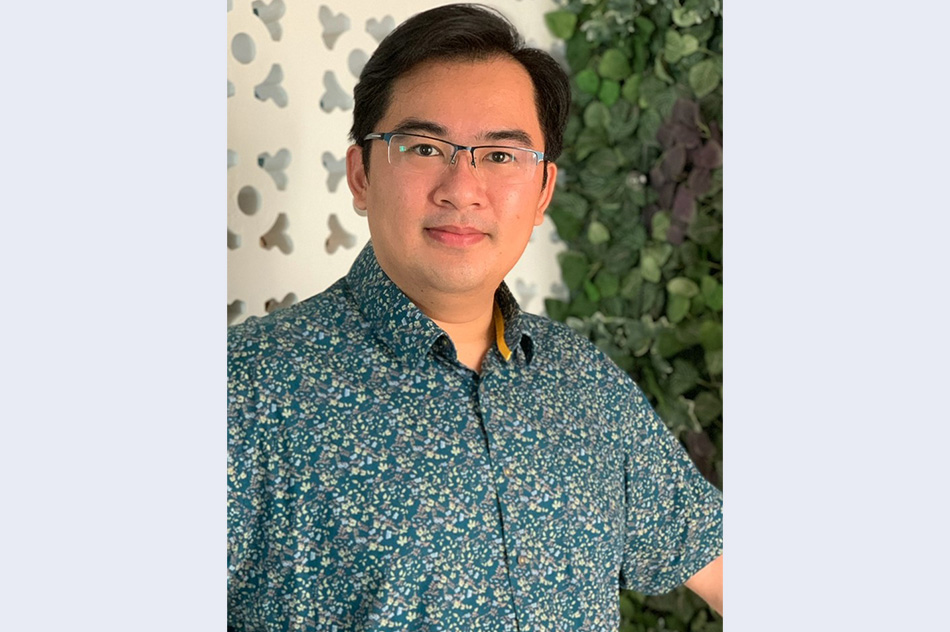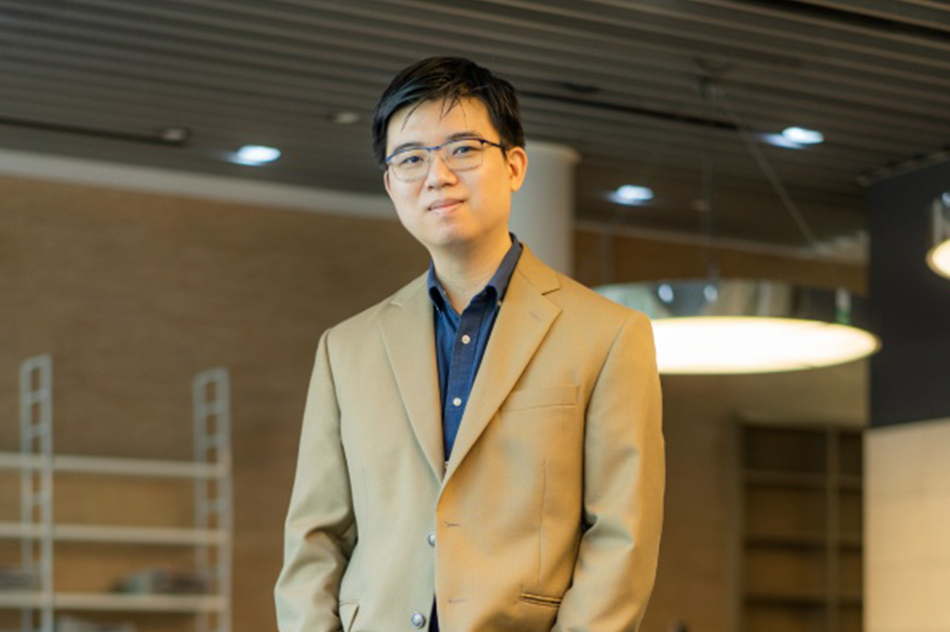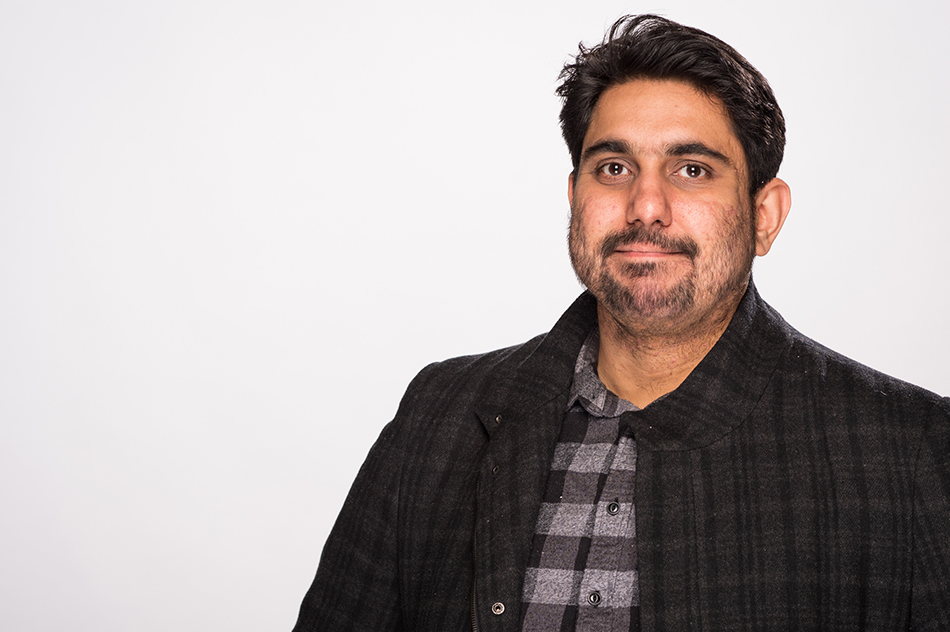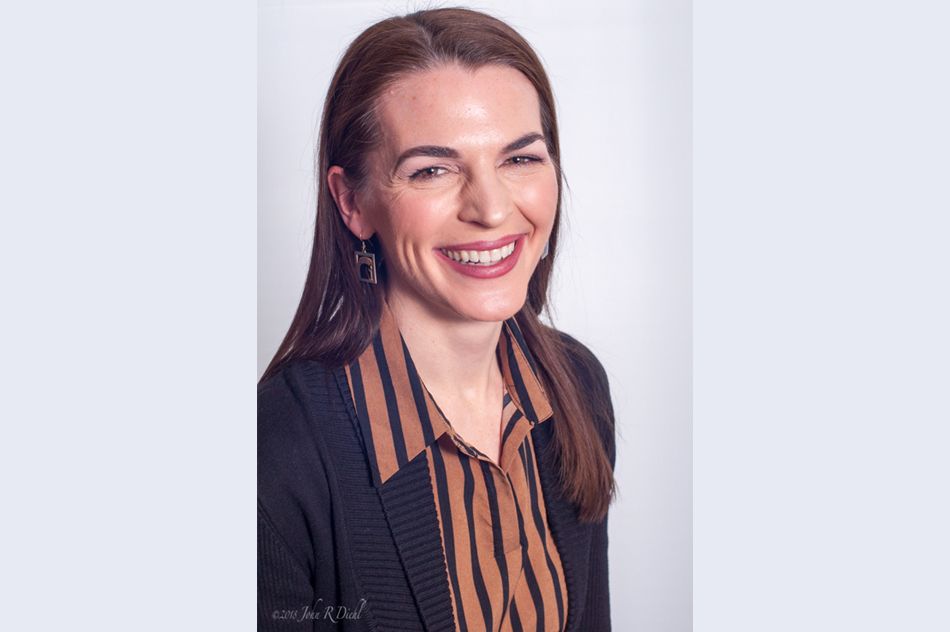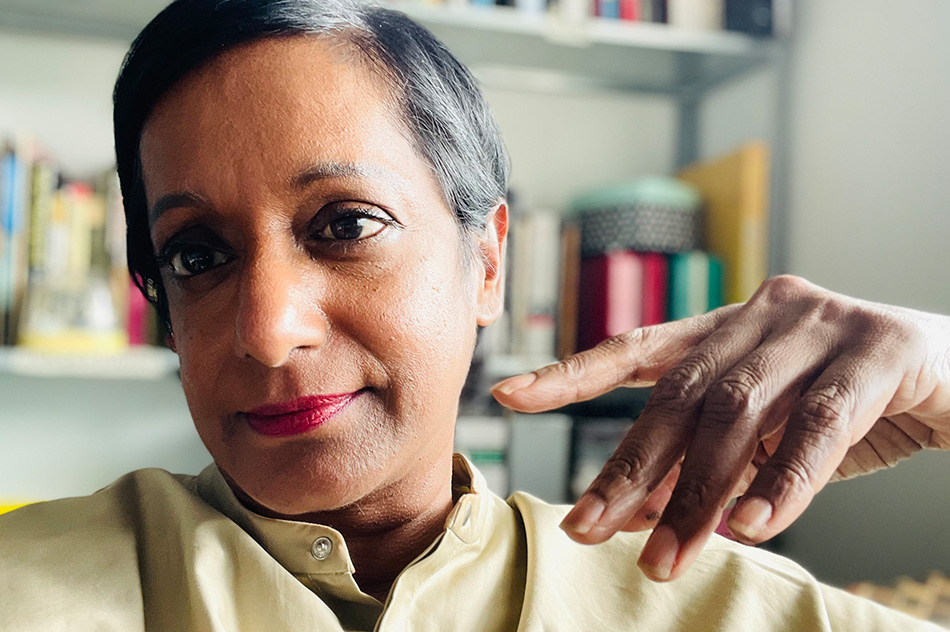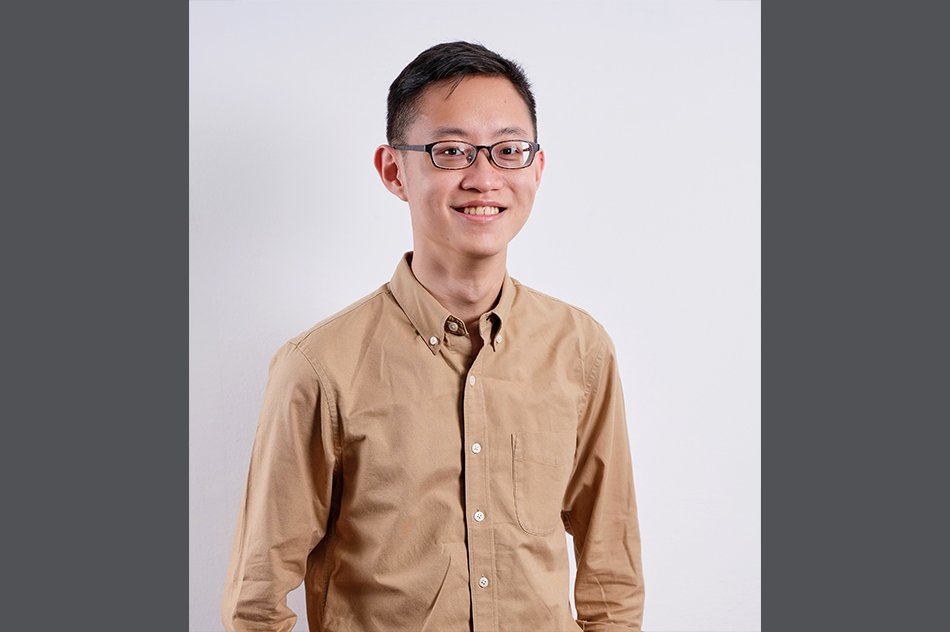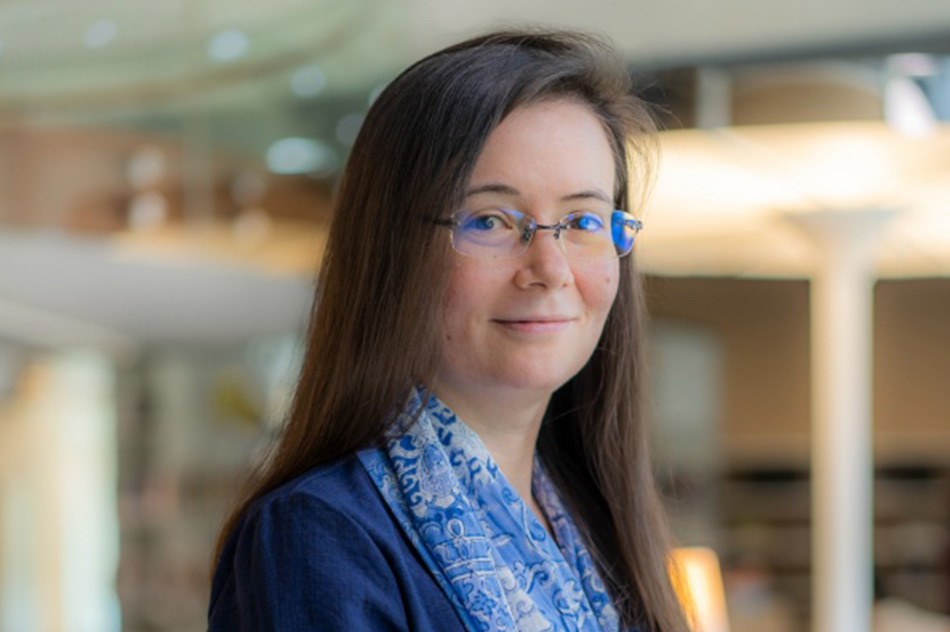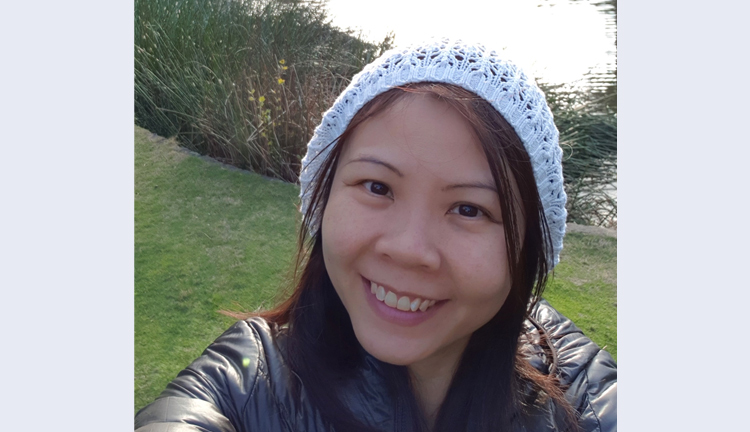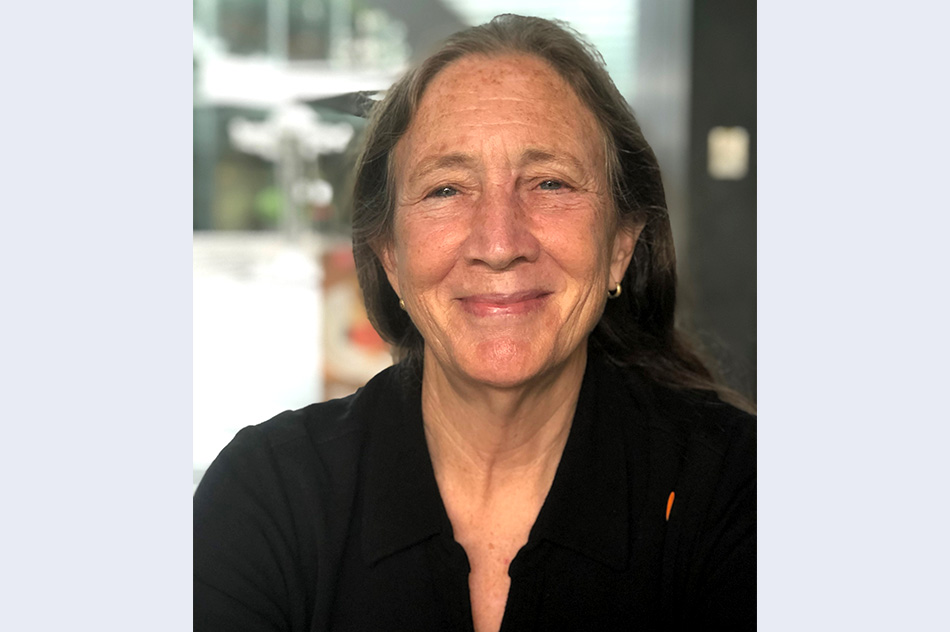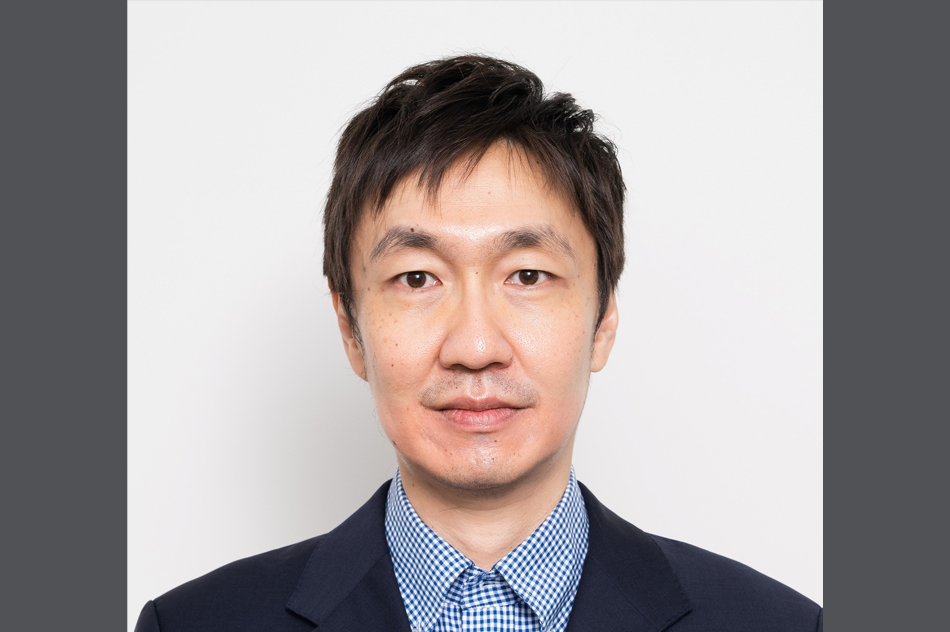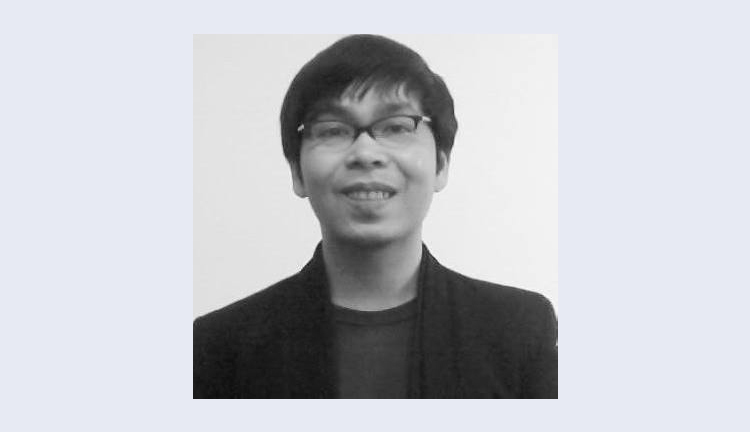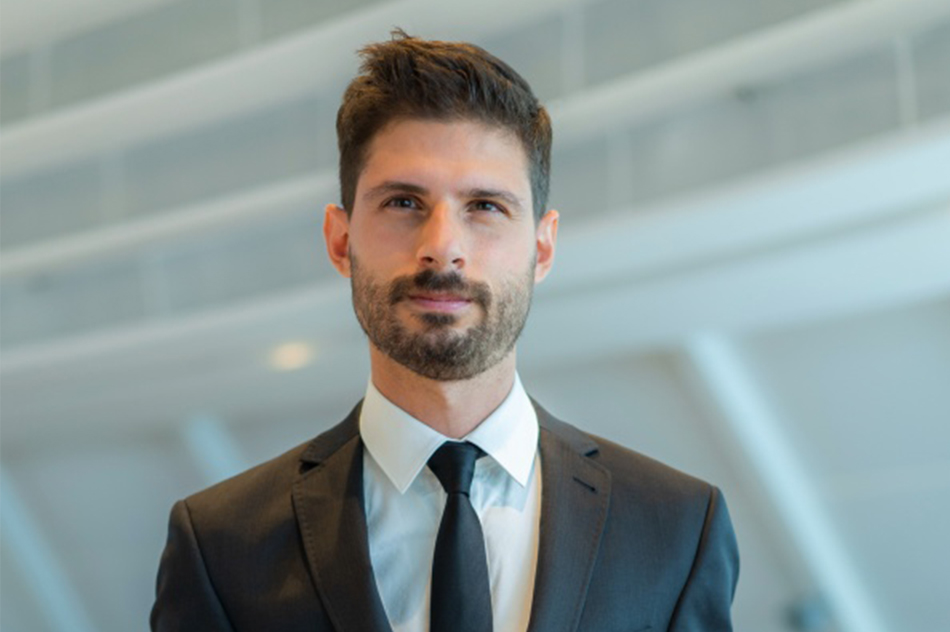The Office of Core Curriculum and the Wee Kim Wee Centre, with the support of Soka Gakkai Singapore, are proud to present the 6th Annual Wee Kim Wee Soka International Seminar on Global Peace and Understanding edition on 20 January 2022.
The outbreak of various forms of wars, from the Afghan War, China-US trade war, and the rise in cyberattacks on corporations, among others, have affected the lives and livelihood of countless people around the world. These wars have also given rise to new forms of pursuing peace through a range of geopolitical, economic and socio-cultural strategies. The 6th Annual Wee Kim Wee SOKA International Seminar on Global Peace and Understanding 2022 aims to explore the nature and dynamics of new forms of war and peace and ask how we may negotiate peace in a turbulent world. Bringing together academics, policymakers, and practitioners from different disciplines, this seminar aims to be a platform for open and constructive dialogue to foster a deeper understanding of the dynamics of war and peace.
Through the conversations inspired by our speakers, this seminar aims to demonstrate how different perspectives and experiences can sharpen our understanding and inform our solutions for the challenges facing our world.
.png)
20 January 2022 (Thur)
8.30 am to 3.30 pm
Organised by Office of Core Curriculum and Wee Kim Wee Centre
Supported by Soka Gakkai Singapore


.png)
